The Ferrari F80: A Bold Shift for the Prancing Horse
The launch of the Ferrari F80 with its turbocharged V6 engine has stirred up Ferrari enthusiasts, sparking a range of reactions from admiration to skepticism. Ferrari’s decision to innovate with a smaller engine is aimed at balancing performance, fuel efficiency, and environmental consciousness, but it’s a shift that has divided fans.
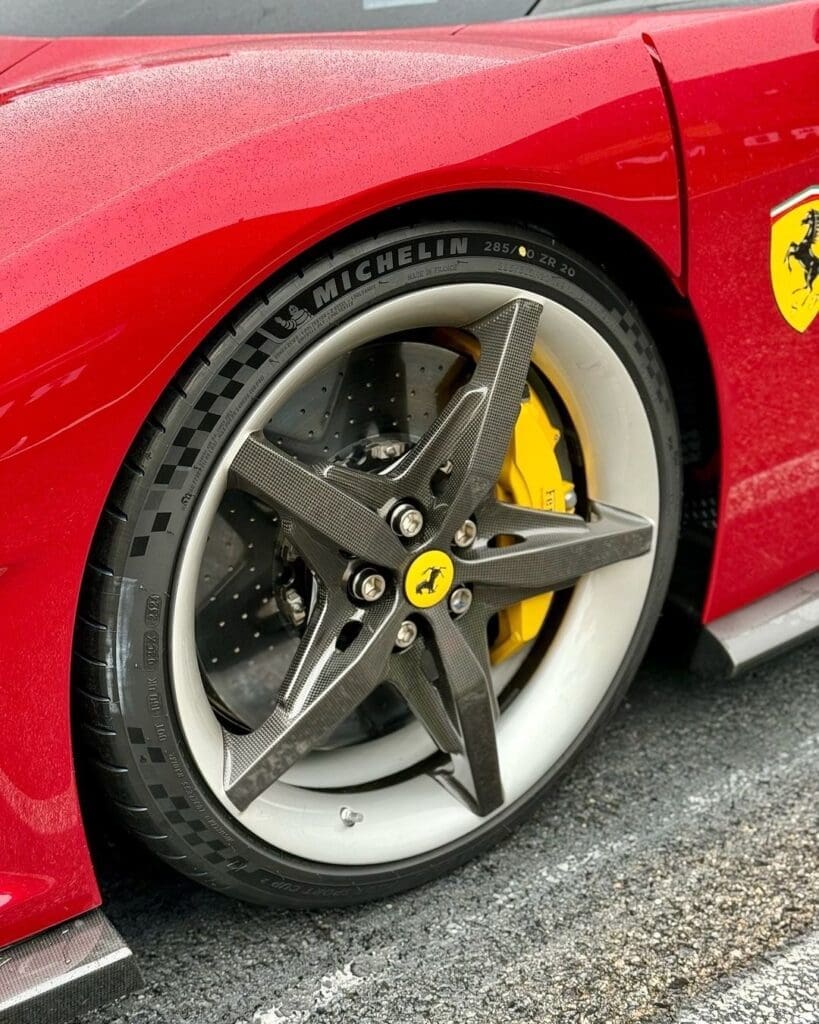
 Photo: Freddie Atkins
Photo: Freddie Atkins
The Appeal of the Ferrari F80
For those who embrace the F80’s evolution, the V6 engine doesn’t just represent a nod to modern engineering; it’s a testament to Ferrari’s commitment to high-performance standards in a changing automotive landscape. The turbocharged V6 manages to produce an impressive 700 horsepower, showing that Ferrari’s engineering ingenuity can push a six-cylinder configuration to deliver similar power as some of its V8 predecessors. This impressive output is paired with a lighter, more aerodynamic chassis, meaning the F80 promises agile handling and acceleration that feels responsive and exhilarating.
Another plus for the F80 is its environmentally conscious design, reflecting Ferrari’s attention to carbon footprint reduction. This vehicle uses hybrid components to enhance performance while reducing emissions, making it an appealing option for those who appreciate high-end, responsible sports cars. Ferrari has hinted that the F80’s lightweight, electric-assist components not only make the car easier to handle but also amplify the car’s performance, allowing for rapid speed with lower emissions and better fuel economy.
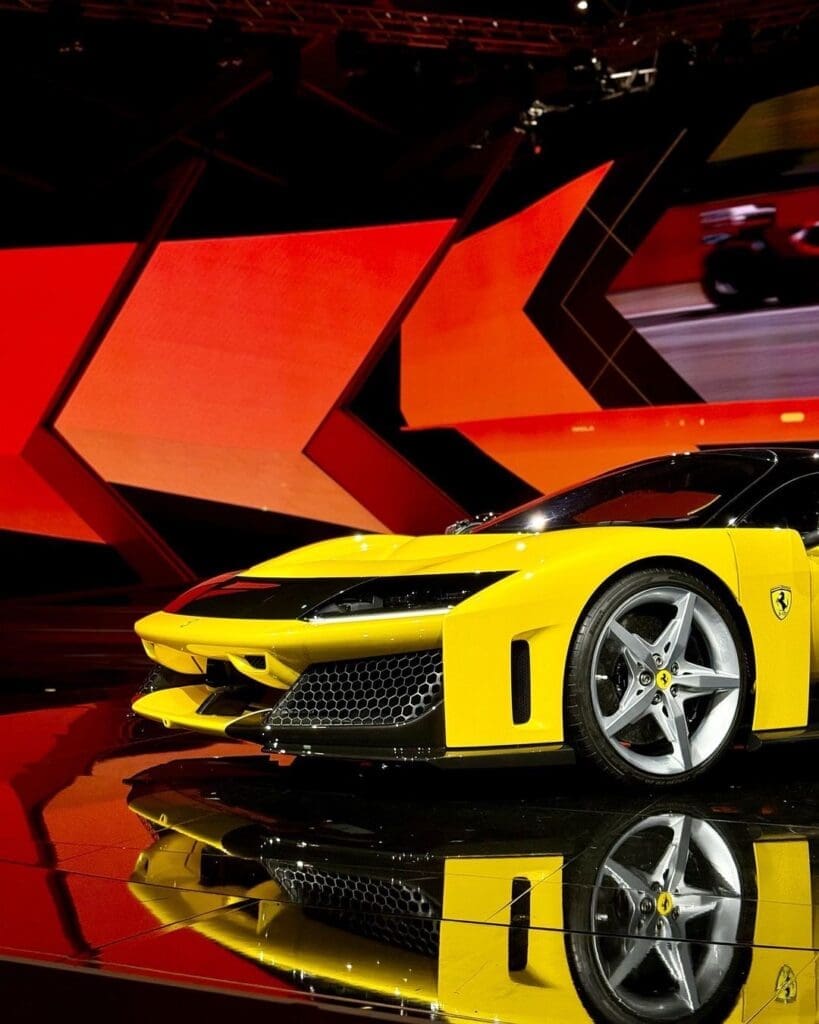
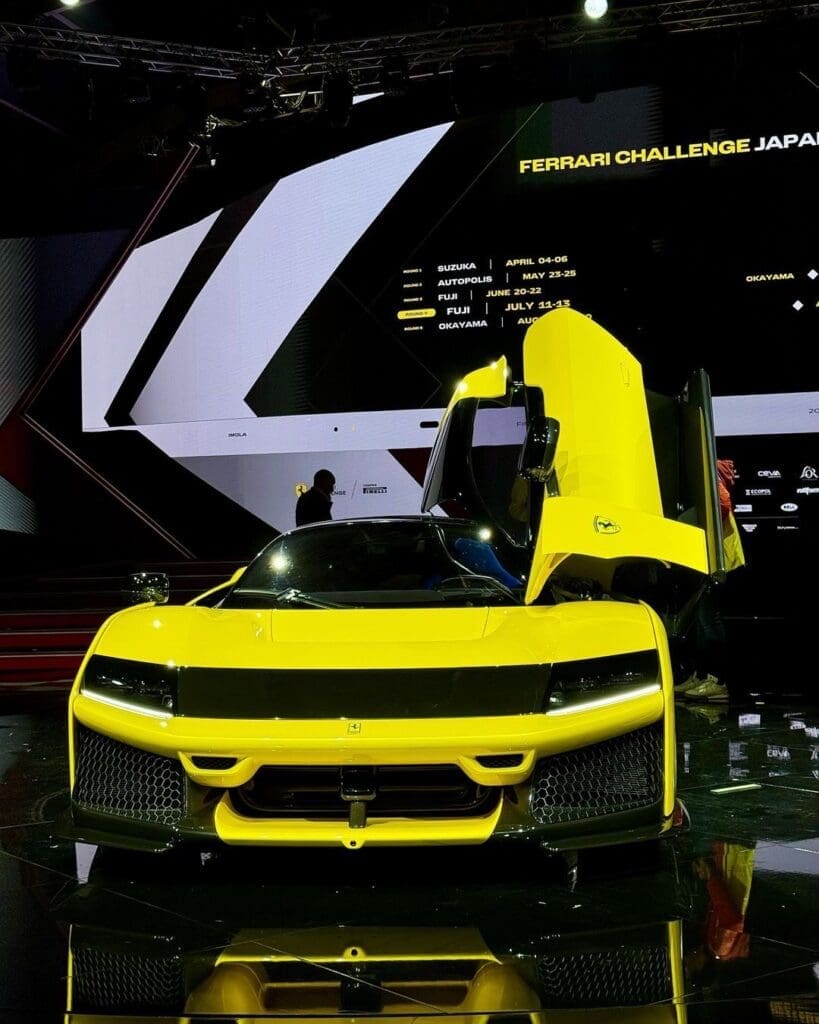
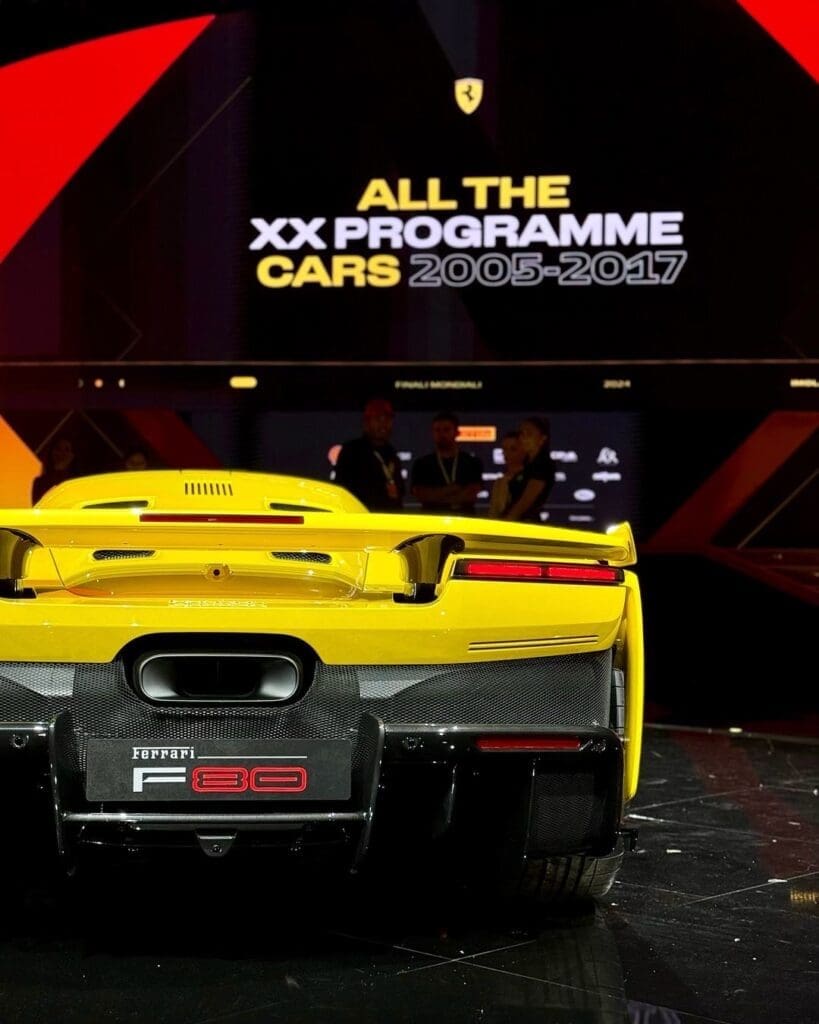 Photos: Freddie Atkins
Photos: Freddie Atkins
The Controversy: A V6 in a Ferrari?
However, not all fans have warmed to the F80’s V6. For some, Ferrari’s identity has always been deeply connected to the roar of a V8 or V12 engine. These larger engines have been synonymous with Ferrari’s distinctive power and sound, and a V6, no matter how advanced, feels like a compromise. For purists, the sound profile of a V6 lacks the traditional growl they expect, potentially changing the visceral experience that’s integral to Ferrari’s allure.
Furthermore, some enthusiasts feel that the shift to a V6 undermines Ferrari’s long-standing ethos of unrestrained performance. For decades, Ferrari has been known for its commitment to pushing limits without compromise, and the F80’s downsized engine could be viewed as yielding to regulatory pressures at the expense of legacy and power.
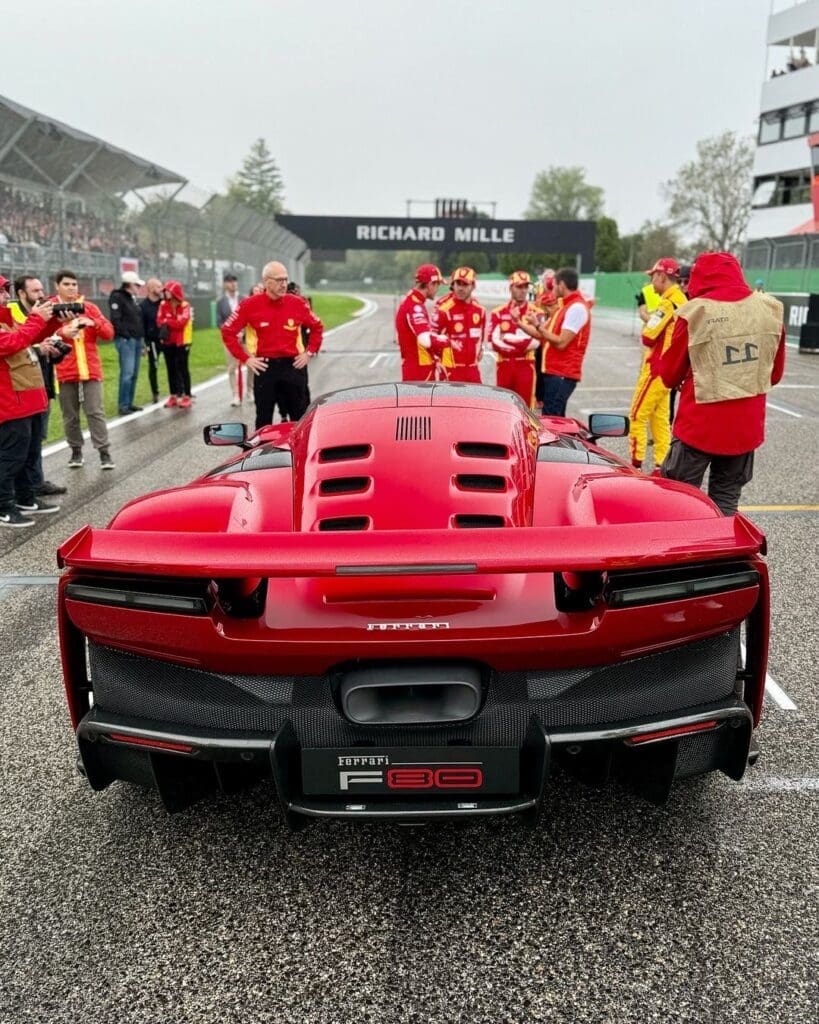

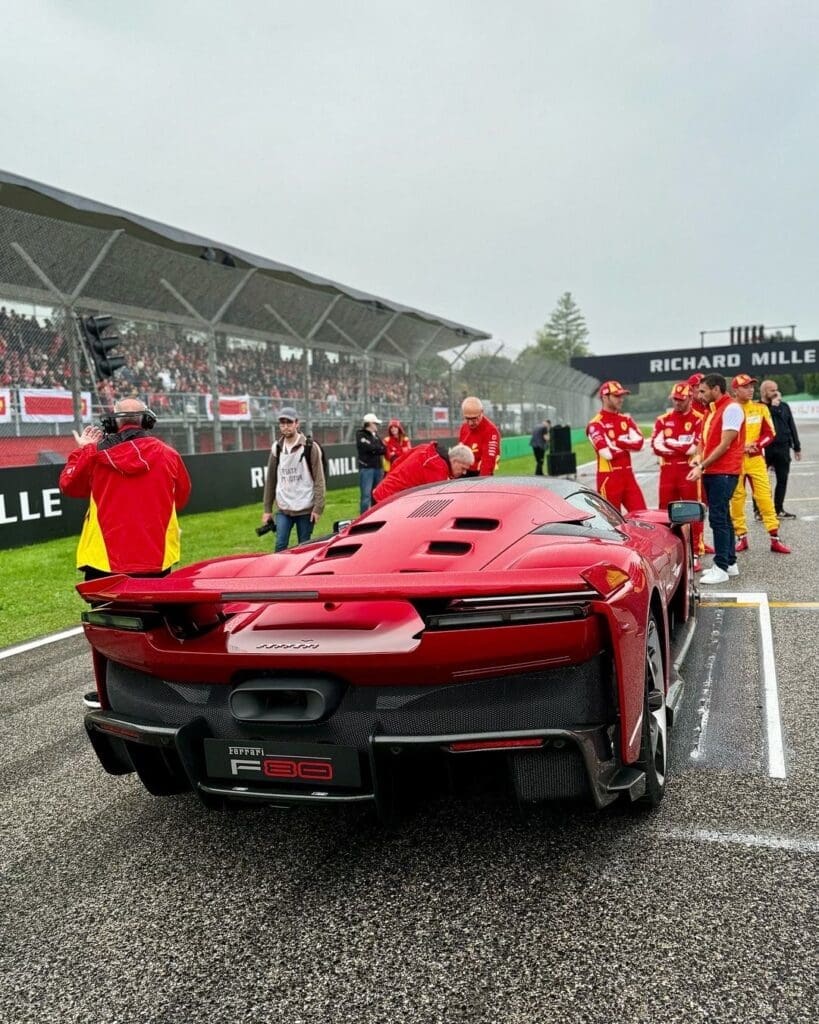 Photos: Freddie Atkins
Photos: Freddie Atkins
A Balanced Evolution or a Step Back?
The Ferrari F80 ultimately embodies a modernized Ferrari experience, merging efficiency with high-end performance and advanced engineering. For some, this represents Ferrari’s versatility and resilience; for others, it’s a departure from tradition. While the F80 may have traded some of the iconic auditory experience for efficiency, it showcases Ferrari’s ability to adapt while still delivering an exhilarating ride.
In the end, the F80 is likely to earn its place among Ferrari’s iconic line-up, as much for what it challenges as for what it retains. For both supporters and skeptics, it’s a bold, thought-provoking entry that reflects Ferrari’s willingness to drive forward into the future.
Who Is the Ferrari F80 For?
The Ferrari F80 caters to a new generation of supercar enthusiasts who value innovation and sustainability alongside raw power. With its striking €3.5 million price tag and cutting-edge turbocharged V6 engine, it appeals to those seeking a unique blend of performance and eco-conscious design. While traditionalists may yearn for the classic roar of a V8 or V12, the F80 invites drivers to embrace the future of high-performance vehicles. Ultimately, it’s a bold choice for those willing to challenge conventions and experience the evolution of the legendary Ferrari brand.